Dr. Fr. Paul Poovathingal, the renowned musician and the only Vocologist in India is also an authority of Neurologic Music Therapy. Recently in a seminar organised by his institution Ganashramam in association with Thrissur Autism Society and Adapt Society and Parivar, he presented an insightful paper on Neurologic Music Therapy, perhaps the first to be discussed in Kerala. In an interview post the Seminar, he elucidated on the main features of this branch which is relatively new and highly beneficial to people suffering from Autism, Cerebral Palsy and mentally disabled.
Excerpts:
You had stated that Neurologic Music Therapy (NMT) is a new branch of treatment. When did it develop and who are the pioneers?
NMT was researched and developed by the academy of Neurologic Music Therapy in Fort Collins, Colorado in 1999. Since then NMT has seen rapid growth in healthcare. Dr.Micheal H.Thaut and Dr. Corene Hurt Thaut are the founders of NMT.
What is the basic principle on which it works?
NMT is based on the understanding that music can stimulate and organise brain function, facilitating rehabilitation and therapy. Its key components include Sensorimotor Rehabilitation and Speech and language Rehabilitation.
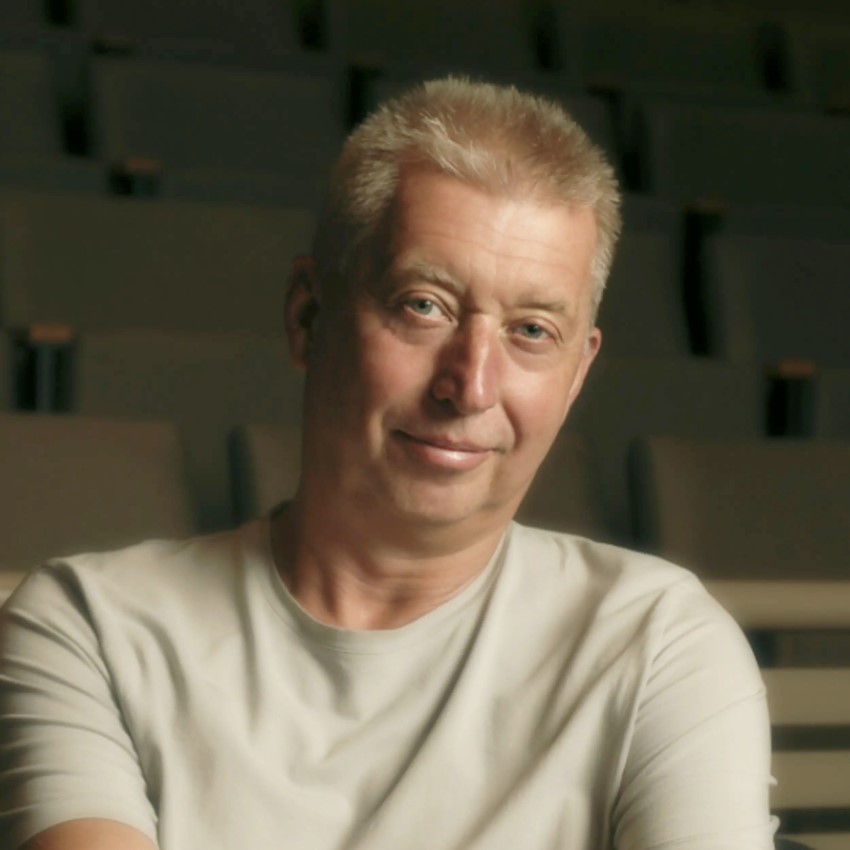
The former uses rhythm and music to improve movement and coordination. Techniques such as Rhythmic Auditory stimulation (RAS) can help individuals with gait and motor skills. The latter is based on the fact that music can aid in speech production and comprehension. Melodic intonation therapy helps to improve language skills.
How is NMT helpful in dealing with Autism?
Brain imaging study reveals that while frontotemporal connectivity is significantly disrupted during spoken word perception, this network is preserved during sung word processing, suggesting alternate mechanisms of speech and music processing in Autism Spectrum Disorder (ASD).
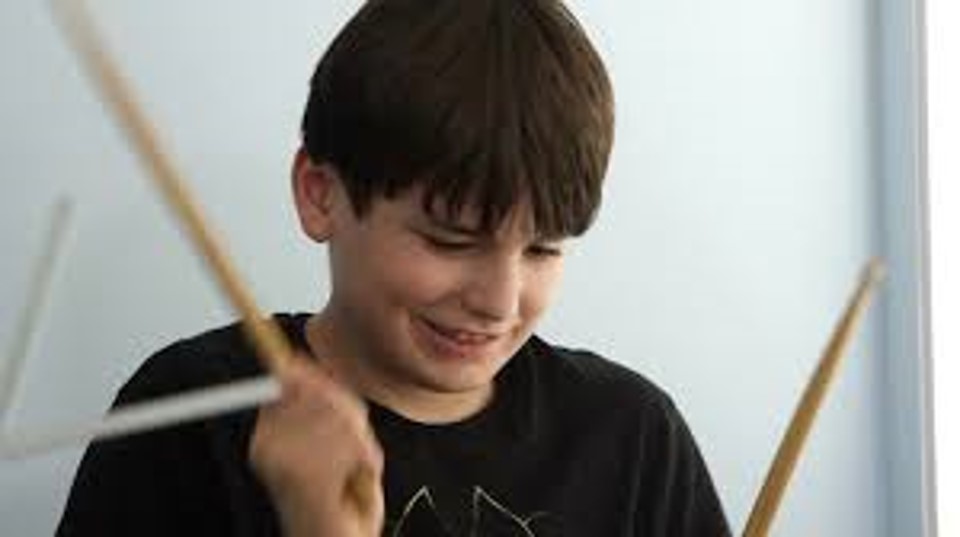
In short, all the research studies show that music has profound impact on children with autism, and demonstrates that music related skills in domains such a memory, auditory perception, emotion, and language are significantly preserved in ASD. By focusing on the individual’s strengths, interests, and potential, music may be a particularly resourceful therapeutic approach for autism with strong potential to promote and facilitate functional changes in non-musical brain and behavioral functions. Since the early 1990’s the advent of modern research techniques in cognitive neuroscience, such as brain imaging, brain wave-recordings, and kinematic motion analysis.
The shift of music from social science model to neuroscience model of clinical and research practice emphasised the need to improve the level of research evidence through rigorous clinical trials.
How is brain and music related?
Since 2006 two professors of University of South Florida- neuroscientist Kiminobu Sugaya and world renowned violinist Ayako Yonetani teaching at Burnett Honours College have been doing great research on Music and brain. Their study on ‘Music and brain’ explores how music impacts brain function and human behaviour including improving cognitive and motor skills, spatial – temporal learning and neurogenesis, which is the brain’s ability to produce neuron.
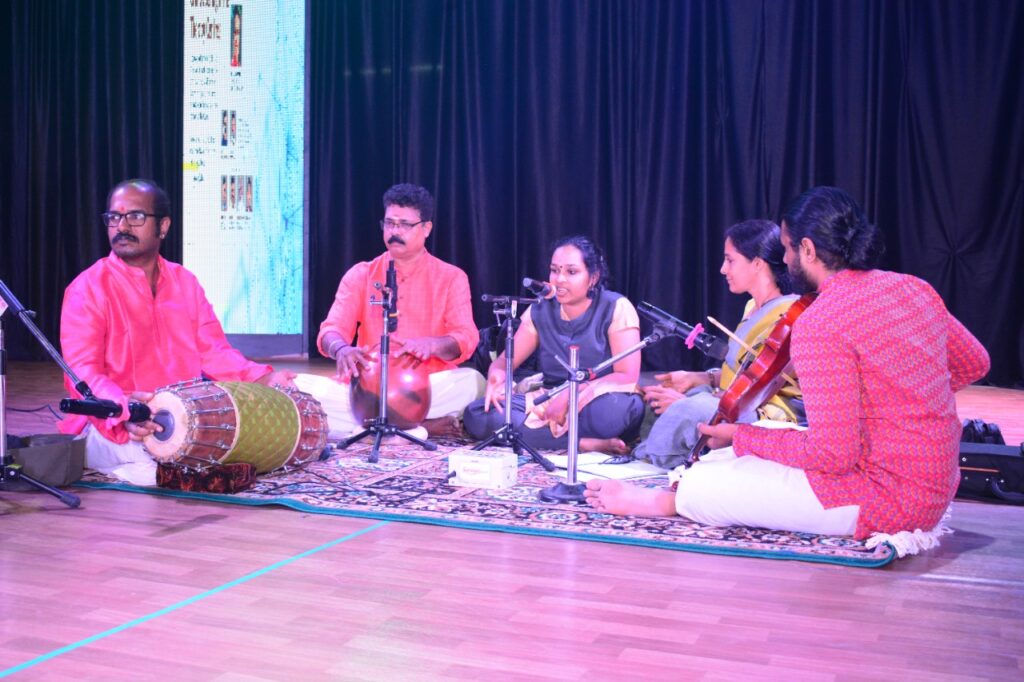
What is the role of NMT in dealing with the brain?
NMT interventions have been designed to utilize the way in which music interacts in the brain and use this to retrain brain. NMT has proven to be effective in promoting neuroplasticity, the brains ability to change, and can aid in re-educating brain. Music processing involves many areas of brain (cognitive, motor and sensory) and music based interventions can aid in re-shaping the brain and changing behaviour. Music can play significant role in developing the brain functioning of children with autism.
Is there any additional benefit of using classical music in addressing Autism?
The benefits of Classical music for the children with Autism have been unexpected. In addition to its soothing melodies and intricate compositions, classical music offers a range of unexpected benefits with children of Autism, touching on aspects of communication, emotional understanding, cognitive functioning and social interaction.
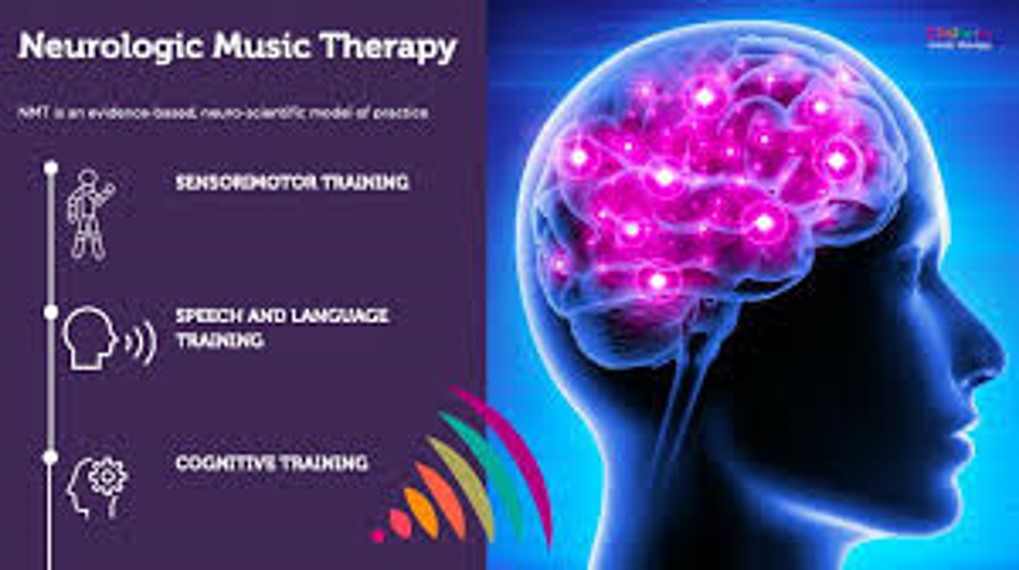
1. Enhancing communication skills
It’s ability to aid in non-verbal communication and expression. As a universal language, music becomes a medium through which children who may struggle with traditional forms of communication express themselves. The rhythms and melodies of classical music stimulate responses such as movement or vocalisation, offering a non-verbal channel for children to convey their feelings and thoughts. This aspect of music therapy significantly enhances a child’s ability to communicate and interact with the world around them.
2. Promoting emotional understanding
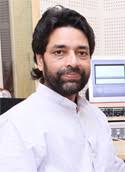
Classical music plays a significant role in helping children with autism understand and process emotions. Therapists and specialists have observed that music evokes emotions and moods, providing safe space for children to explore and recognise different feelings. The varied tempos and intensities of classical music compositions mirror human emotions, from joy to sadness, helping children with autism to identify and relate to these feelings in themselves and others. This understanding is crucial in their emotional development and in building empathy.
3. Improving cognitive functioning
Classical music positively influences cognitive functioning in children with autism. Listening to or engaging in musical activities enhances attention span, bolsters memory, and improves cognitive flexibility.
Classical music’s structured yet varied nature stimulates different areas of the brain, encouraging neural development and cognitive growth. These cognitive benefits are essential for children with autism as they navigate learning and daily life challenges.
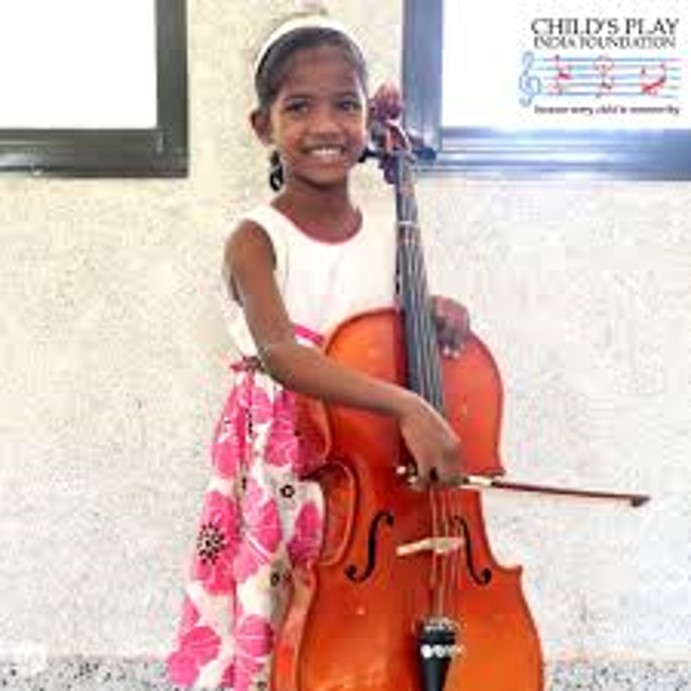
4. Soothing and calming effect
The ability of classical music to reduce stress and anxiety is particularly beneficial for children with autism, who often experience heightened levels of anxiety. Classical music’s soothing melodies and predictable patterns create calming environment, reducing agitation and sensory overload.
5. Fostering social interaction
Group music sessions are a powerful tool in enhancing social skills and peer interaction among children with autism. These sessions often require collaboration and listening to each other, promoting social engagement and team work.
The benefits of classical music in supporting children with autism extend far beyond mere enjoyment. Its impact on communication, emotional understanding, cognitive development, stress relief, and social interaction highlights its potential as available therapeutic tool in the holistic development of children with autism.
In this connection, I must mention our student Puja Ramesan, an autism-affected student in Chetana Sangeeth Natya Academy, Thrissur who secured a degree in vocal music from Madras University and post-graduate degree from Annamalai University. I am really proud to say that she has been invited to present Carnatic music concerts by different organisations. Perhaps she is a living testimony of the effect of classical music on autism children.

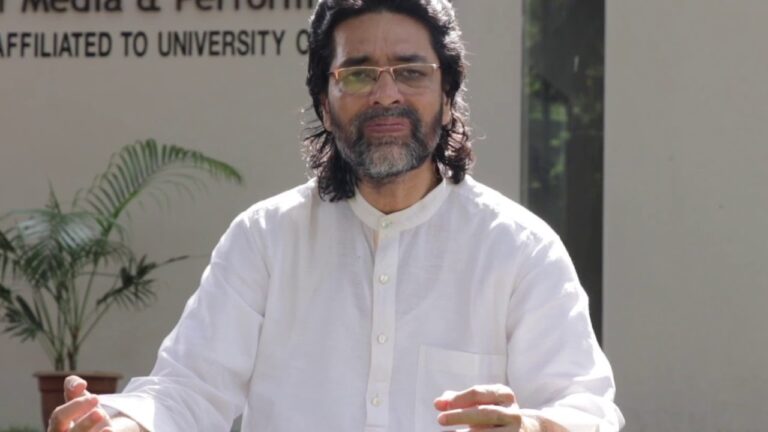
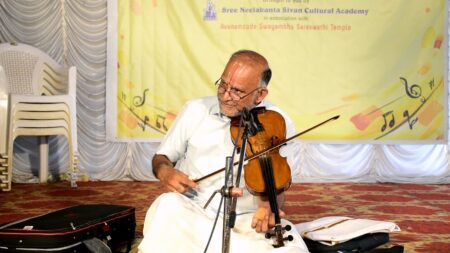
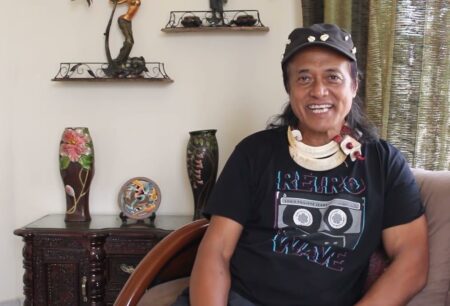

2 Comments
♥️
Excellent